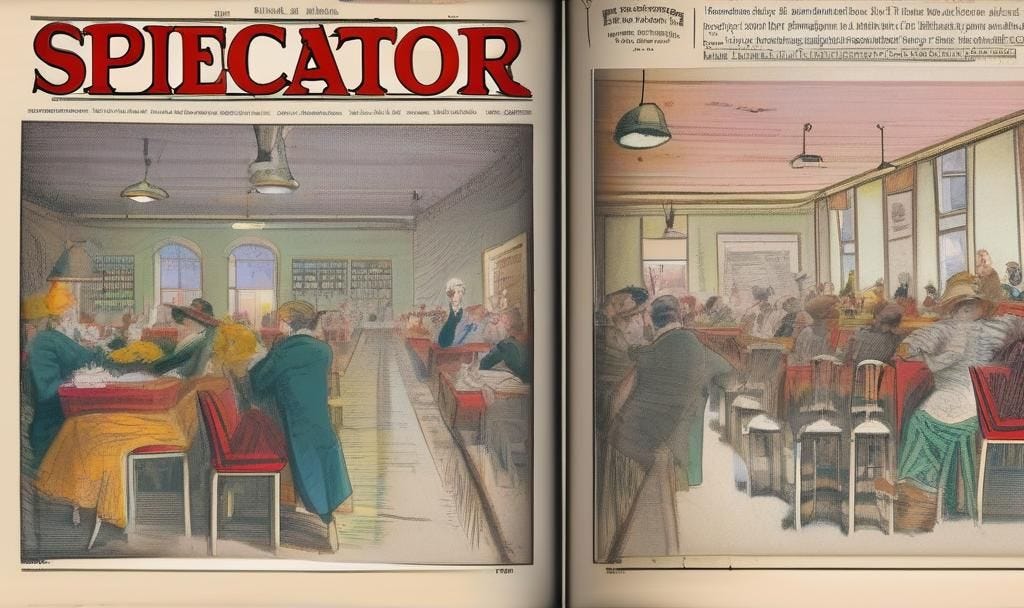Jeremy Clarke, Reader: A Mini-Appreciation
With a Jeffrey Bernard, Drinker, Micro-Kicker
It was arguably the most popular column in Britain’s oldest newspaper.
The Spectator’s “Low Life” column entertained readers from 1975 to 2023. For many of those years, it ran opposite Taki Theodoracopulos’s “High Life” column.1 It was an autobiographical column dedicated to the seedier and less conventional side of life, often brutally honest and (like a…
Keep reading with a 7-day free trial
Subscribe to Eric Scheske's Substack to keep reading this post and get 7 days of free access to the full post archives.


